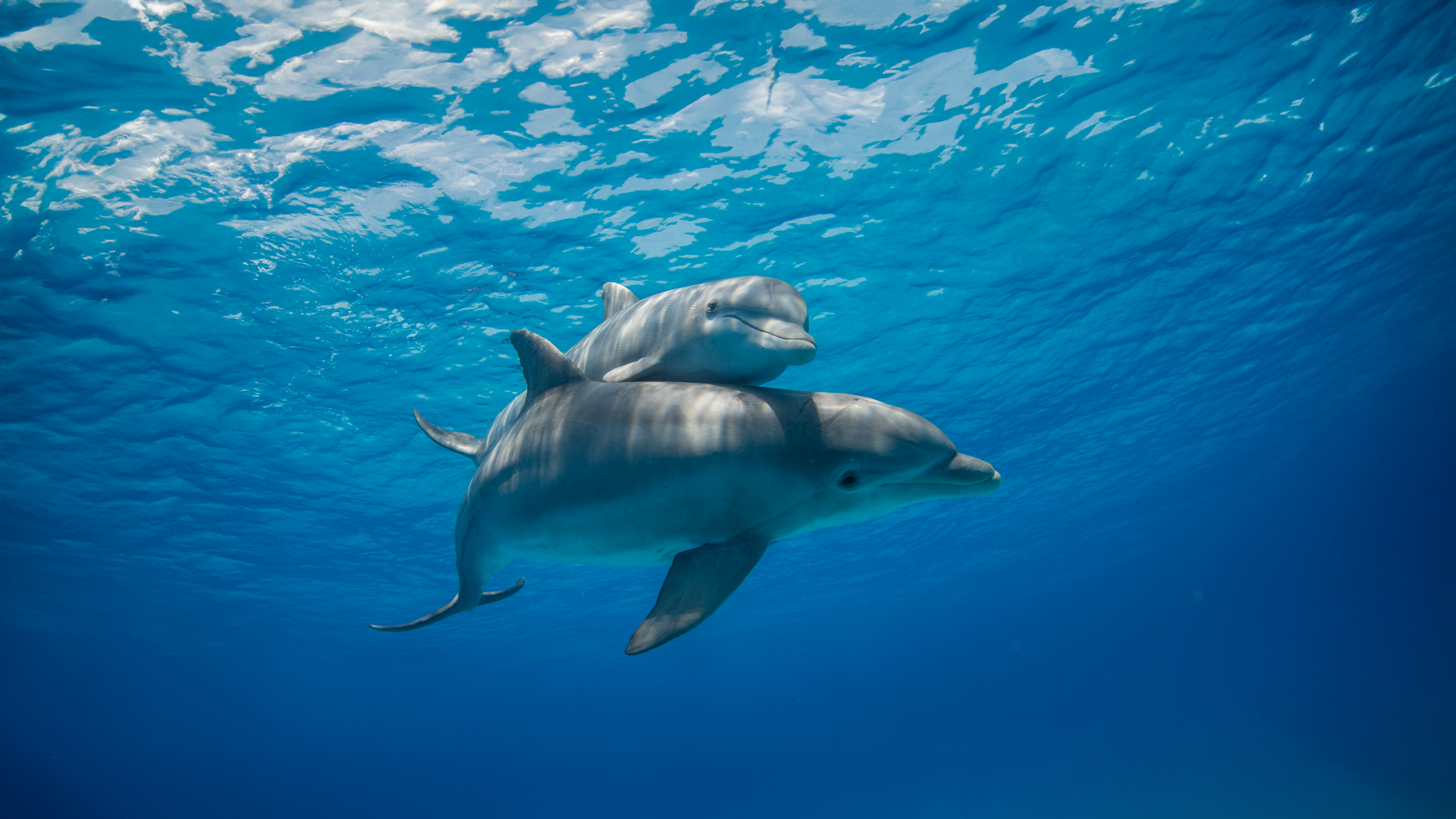Insights from COP16: Advancing global marine conservation
Pacific Environment’s Marine team just returned from the 16th Conference of the Parties to the Convention on Biological Diversity (COP16) in Cali, Colombia, where we advocated for stronger biodiversity efforts across Southeast Asia — a region we’ve been dedicated to since 2016. This event reaffirmed our commitment to safeguarding the world’s most diverse marine areas and provided inspiring takeaways to strengthen our Marine Protected Area (MPA) initiatives.

Here are our three key insights from COP16:
- Collaboration is essential to achieve global conservation goals: The message from COP16 was clear — if we’re to protect our oceans for future generations, we must find new ways to work together. At Pacific Environment, we understand that collaboration is vital. Our MPA and Other Effective Area-based Conservation Measures, or OECM, programs actively partner with local communities, Indigenous groups and conservation leaders to create resilient, sustainable ecosystems.
- Community-centered conservation works best: Lasting conservation starts by placing Indigenous and local communities at the center. This has always been our guiding principle. In Malaysia, the Philippines, Thailand and Vietnam, we work hand-in-hand with coastal communities to integrate local knowledge into our MPA planning, ensuring that conservation efforts are both equitable and impactful.
- Expanding and effectively managing MPAs is urgent: Currently, only 2.8% of the world’s oceans are managed effectively, a far cry from the 30×30 target, an international agreement to protect 30% of land and oceans by 2030. To get there, MPAs must be more than lines on a map — they must be effectively managed and properly funded to deliver real, lasting benefits. This is precisely what our team is focused on in Southeast Asia, where we’ve built a model for sustainable MPAs that balance biodiversity needs with economic realities for coastal communities.

COP16 was a reminder that Pacific Environment is ahead of the curve, developing MPAs and other effective area-based conservation measures (OECMs) that are well-managed, community-driven and capable of withstanding the pressures of climate change and human activity.
Support our mission
Your support fuels this crucial work. A donation of just $35 would help us expand our efforts, advocate for robust protections and drive forward sustainable, community-led solutions. Together, we can make a real difference for our oceans and the communities that depend on them. Thank you for being a vital part of this journey!
Donate today


